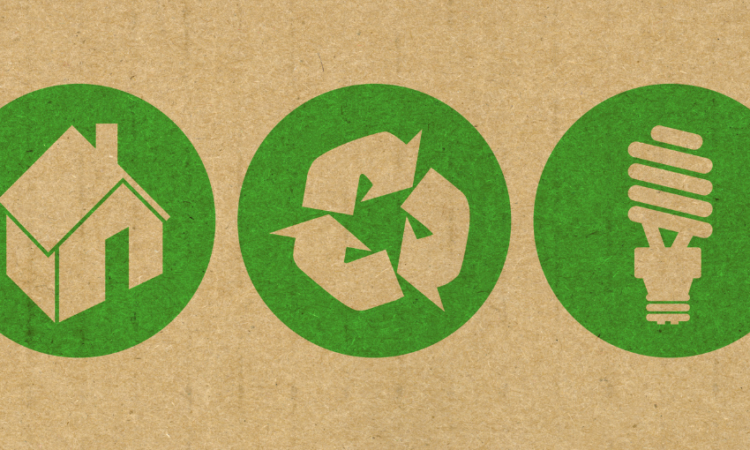
By Emmanuel Oluebube, Senior Correspondent UK
The European Union(EU) has unveiled a new regulation that is aimed at improving EU products’ circularity, energy performance and other environmental sustainability aspects.The current Ecodesign Directive 2009/125/EC has a long track record of delivering benefits to businesses, consumers and the environment. In 2021 alone, the impact of the current ecodesign measures, covering 31 product groups, saved EUR 120 billion(US$130.5billion) in energy expenditure for EU consumers and led to a 10 per cent lower annual energy consumption by the products in scope.
More environmentally sustainable and circular products
The proposal for a new Ecodesign for Sustainable Products Regulation, published on 30 March 2022, is the cornerstone of the Commission’s approach to more environmentally sustainable and circular products. The proposal builds on the existing Ecodesign Directive, which currently only covers energy-related products.
The proposal establishes a framework to set ecodesign requirements for specific product groups to significantly improve their circularity, energy performance and other environmental sustainability aspects. It will enable the setting of performance and information requirements for almost all categories of physical goods placed on the EU market (with some notable exceptions, such as food and feed, as defined in Regulation EC/178/2002). For groups of products that share sufficient common characteristics, the framework will also allow to set horizontal rules.
The framework will allow for the setting of a wide range of requirements, including on
- product durability, reusability, upgradability and reparability
- presence of substances that inhibit circularity
- energy and resource efficiency
- recycled content
- remanufacturing and recycling
- carbon and environmental footprints
- information requirements, including a Digital Product Passport
The new “Digital Product Passport” will provide information about products’ environmental sustainability. It should help consumers and businesses make informed choices when purchasing products, facilitate repairs and recycling and improve transparency about products’ life cycle impacts on the environment. The product passport should also help public authorities to better perform checks and controls.
By 2030, the new sustainable products framework can lead to 132 mtoe of primary energy savings, which corresponds roughly to 150 billion cubic meters of natural gas, almost equivalent to EU’s import of Russian gas.
Ecodesign and energy labelling working plans
The current legislation requires that priorities for implementation are established through regularly updated rolling working plans that take stock of progress made and include indicative priorities for new energy-related product groups to be considered.
The Ecodesign and energy labelling working plan 2022-2024 builds on work done since the adoption of the first Ecodesign Directive, but also covers the work required under the Energy Labelling Framework Regulation (EU/2017/1369) and takes stock of the progress made with the European Product Registry for Energy Labelling (EPREL). The plan also covers similar work on tyre labelling that has a specific legal basis.
The working plan 2022-2024 covers new energy-related products and updates and increases the ambition for products that are already regulated, as a transitionary measure until the new regulation enters into force. It addresses consumer electronics, such as smartphones, tablets and solar panels, the fastest-growing waste stream.



